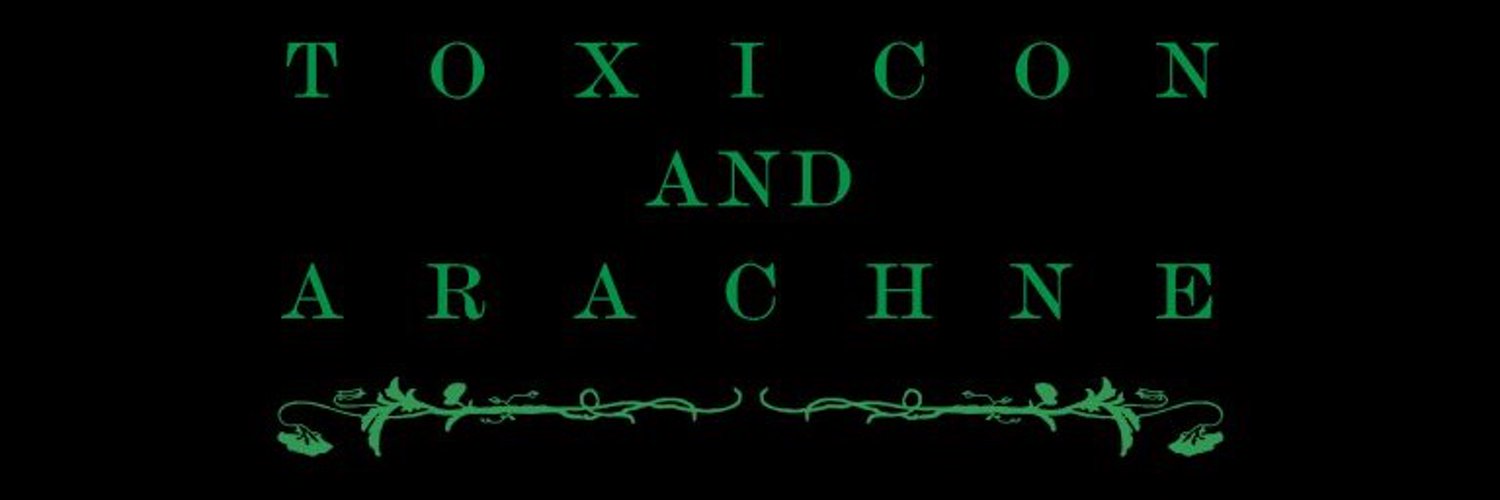Toxicon and Arachne, the recent poetry collection by Joyelle McSweeney, depicts the short human lifespan with an unconventional consistent darkness. Uniquely refreshing in its morbidity, this work is scattered with the bitterness of losing a child, and McSweeney portrays her grief “the way a crane / dances for its mate / the awkward body / falling into rhythm / little by little / then all at once.”
“Like all the worst stories / it comes from the heart / & it goes there too”
The first section of poems, Toxicon, reads as a fumbling process of discovery, a gripping and wild tragedy. The focus of the feeling is not entirely clear in the disjointed descriptions of noxious clouds, vipers, toxic arrows and chemical spills, which is perhaps an intentional demonstration of the messiness of corruption and corrosion. With a constant reiteration of decay, these poems seem to give a warning: “if you label it ‘poison’ they will use it to kill themselves / because they love to read labels / and use things / those humans.” McSweeney alternates freeform writing with formal sonnets and sestinas, comfortable in both experimentation and solid structure.

Each poem is singularly creative in its particular play on words, but there are small threads of connectivity in the tongue-twisters of rhyme and similar sounds strung together. “I don’t want to make sense / But I want to make something,” she confesses near the beginning, providing an allowance for the obscurity of Toxicon. Her obsession with poisonous language is not only abstract, but also concrete and weaponizing in her graphic attention to the physical body. She explores the murky fluidity of the blood brain barrier, the nerves of the spine and crown of the heart. Her verbs are vicious, all gutting and contracture, and then contrasted with an unexpected burning gentleness, the personification of a tree combing the hair of a comet. There is an undertone of encouragement to see survival in all aspects of the world, despite the prevalent venomosity that threatens to steal our breath away.
The Arachne section begins with total transparency, the admittance that the book is infected with sickness. One brutally clear statement stands out among the artistry typical in McSweeney’s poems until this point: “I have two living daughters and a third dead daughter,” unlucky enough to be alive for thirteen days. She designates it a horrifyingly “cute death,” the dreadful yet soft image of something blooming in the chest, a negativity to the color pink, wondering if there are flowers in hell. She writes about wanting to cross into the underworld to find her baby, wanting to either look pregnant or lose enough weight to look like she never had a baby at all.
“I don’t want to make sense / But I want to make something”
“Like all the worst stories / it comes from the heart / & it goes there too,” McSweeney writes of her experience. Death comes whenever it’s ready, and each day of life can be endured until then. She hints at a light in the dark, but does not go so far as to investigate it, letting her poems bask in rightful mourning. “Toxicon and Arachne” may illustrate a life from start to finish, but instead of the myriad of emotions normally associated with a full life, in these pages we spiral in continuous collapse. This collection seems to give permission to the endlessness of some level of despair, re-encountering one’s sadness in a looping wormhole, which is remarkable in a world always so single-mindedly moving forward.
Keep tabs on McSweeney’s updates and future innovations on Twitter @PlantAsylum.
(Nightboat Books, Poetry, 2020)
BETHANY MARY has studied both health science and creative writing, and currently works as a medical scribe in Alabama. She was once the poetry editor of Green Blotter Literary Magazine and read submissions for Spark: A Creative Anthology and Zetetic: A Record of Unusual Inquiry. She rants and shares photos of her ragdoll cats on Twitter @bethanylmary.
